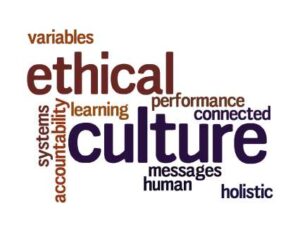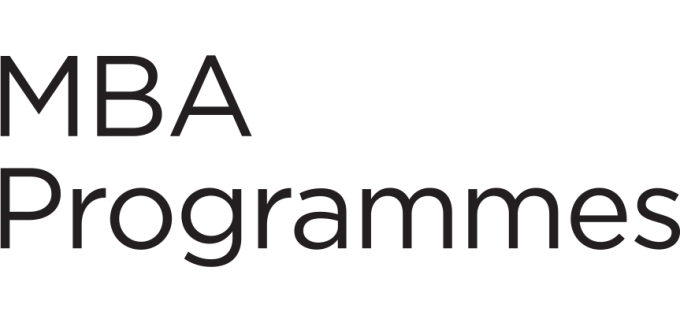Knowledge Exchange

Culture and International Business Ethics
Business can be managed through corporate governance, regulated by government policy, and impacted by generally accepted social norms and standards of the country where the business operates. However, international business is much more complicated. Every day we read news reports on trade wars, sanctions against multi-national corporations (MNCs), disputes on intellectual property, exploitation of labour or resources, discrimination against nationalities and sexes, and so on.
Sometimes the ethical issues in international business are justified by different cultures that can be both tangible and intangible including value and concept, language and education, religion and social norms, law and political systems, etc. People doing business with someone from another country think and act with past experience accumulated in their life and perception grounded in their own culture. Each country has its own distinctive culture and subculture. What is acceptable in one region may be deemed unethical in another locality. If we are unaware of this when doing business across the border, conflicts may surface due to our different mindsets, causing various business ethical disputes.
A basic area of cultural difference is language. Sometimes one or two of the parties communicate in a language other than their mother tongue, which can make interaction harder. Body language can lead to misunderstandings, as they may not have the same relevance to your own perceived meaning. Religion is an aspect we shall look into. To illustrate a case in point, certain religions forbid women to be present in ceremonies, but a businesswoman from a country with more freedom will feel discriminated against if she is not treated the same as her male partners. Business practices are defined as right or wrong within a particular culture, e.g. the ease of information access can differ by country. When one places great value on transparency, another would prefer privacy. In certain countries, “facilitating payment” is common practice to transact business, whereas countries like the US enforce a “Foreign Corrupt Practices Act” to forbid its offshore companies to do so. If MNCs are too powerful and exert great influence in a foreign country, they will put themselves in danger of suspension. Recently the US has tried to suspend the operation of Tiktok, China’s online cultural entertainment content provider, and Wechat, the online communication provider on its land. China similarly banned Google and Facebook out years ago. The losers are citizens who are blocked away from information and knowledge, and corporations that can leverage more markets and profit from the products and services they have innovated.
To improve the situation, individuals, corporations, and governments all have their role to play. It is essential to understand the customs and habits of foreign partners and/ or colleagues when doing international business. Try to be open and tolerant to what is outside your perception if it is under the roof of ethical business. One should foster the mindset of mutual interest or even altruism, instead of sweating over minor discrepancies and rejecting thoughts and behaviors only because they differ from yours. Establishing a corporate core value in the management system is a way to alleviate national variation in individual moral philosophy. Boards of directors and CEOs can direct and influence business ethics. Likewise, the chief of The States should put political interest, personal ego and bias behind global economic efficiency and society wellbeing when driving business collaboration between nations. International organisations and laws are definitely effective platforms and channels to promote international business ethics. World Trade Organisations helped to relieve trade barriers and settle trade disputes between member countries, providing legally binding ground rules for international commerce and trade policy. International acts against money laundering and Common Reporting Standards prevent illegal transferring money or concealing financial ownership for unlawful purposes. Theorists have developed a set of universally accepted morals and standards, assuming the basic rights and responsibilities adhere to when we do business. The Caux Round Table was such a network established in Switzerland in 1986, to advocate shared values of justice, fairness, equality, trust, and integrity not only as an incentive for self-regulation, but also international ethical codes applied for global business.

Industry: Education
Company: California Baptist University
Job Title: Candidate of DBA 2020










